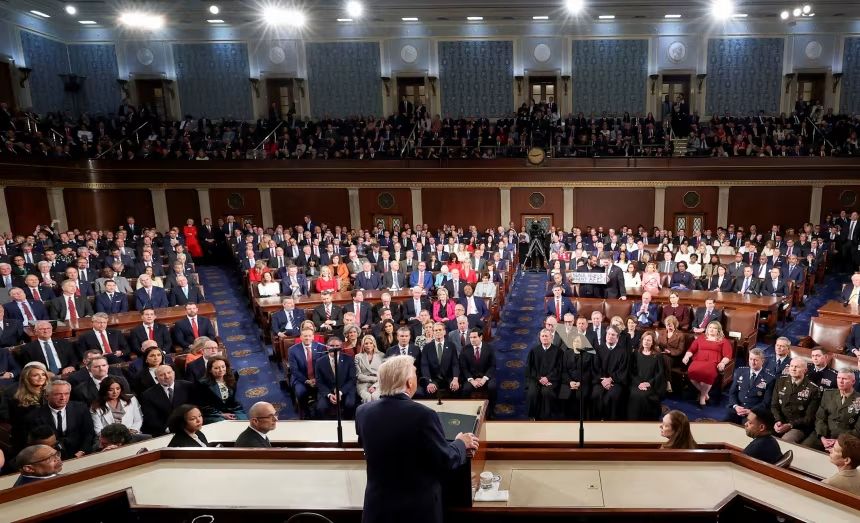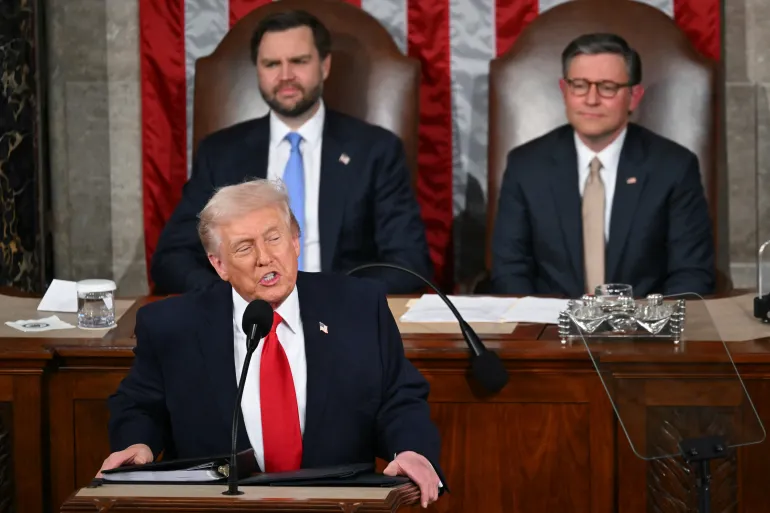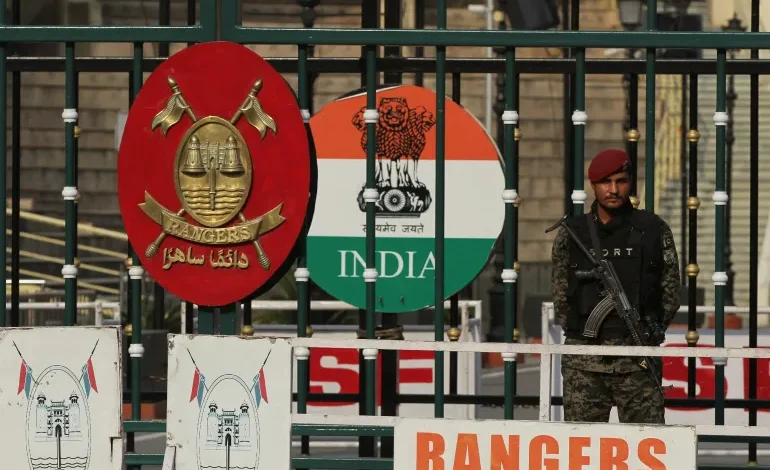Tensions between nuclear-armed neighbours India and Pakistan flared again on Thursday, as both countries traded barbs over the safety and control of their respective nuclear arsenals — just days after agreeing to a ceasefire following deadly cross-border fighting, as per Al Jazeera.
Speaking at an army base in Srinagar, Indian Defence Minister Rajnath Singh sharply criticised Pakistan’s handling of its nuclear arsenal, calling the country an “irresponsible and rogue nation.”
“I believe that Pakistan’s nuclear weapons should be taken under the supervision of the IAEA [International Atomic Energy Agency],” Singh said, raising serious questions about Islamabad’s nuclear security.
Pakistan’s Ministry of Foreign Affairs swiftly condemned Singh’s remarks, saying they reflected “profound insecurity and frustration” over Pakistan’s effective nuclear deterrence.
“The comments of India’s Defence Minister also show his sheer ignorance of the mandate and responsibilities of a specialised agency of the United Nations like the IAEA,” the ministry said in a statement. “If anything, the IAEA and the international community should be worried about the repeated theft and illicit trafficking incidents involving nuclear and radioactive material in India.”
The IAEA, the UN’s nuclear watchdog, monitors civilian nuclear programs to ensure peaceful use. Under a 2008 agreement, it currently oversees several of India’s civilian nuclear facilities.
The renewed war of words follows a brief but deadly flare-up along the Line of Control (LoC) between Indian and Pakistani forces last week. Nearly 70 people were killed during four days of missile and drone strikes. The violence was triggered by an April 22 rebel attack in Pahalgam, located in Indian-administered Kashmir, which India blamed on Pakistan — an allegation Islamabad denies.
On Saturday, U.S. President Donald Trump announced a surprise ceasefire agreement, urging both sides to de-escalate and return to dialogue.
While the ceasefire remains in place, Indian Prime Minister Narendra Modi warned earlier this week that any future attacks on Indian soil would provoke a strong response. “We will not be deterred by Islamabad’s nuclear blackmail,” Modi said, in remarks that further heightened tensions.
Pakistan called Modi’s statements “provocative and inflammatory,” accusing India of escalating rhetoric at a time when regional stability hangs in the balance.
Meanwhile, violence in Indian-administered Kashmir has not abated. On Thursday, Indian police reported that three suspected armed fighters were killed in Tral, in the southern Pulwama district. Earlier in the week, three others were reportedly killed during a separate gun battle in the southern Kashmir valley.










The latest news in your social feeds
Subscribe to our social media platforms to stay tuned